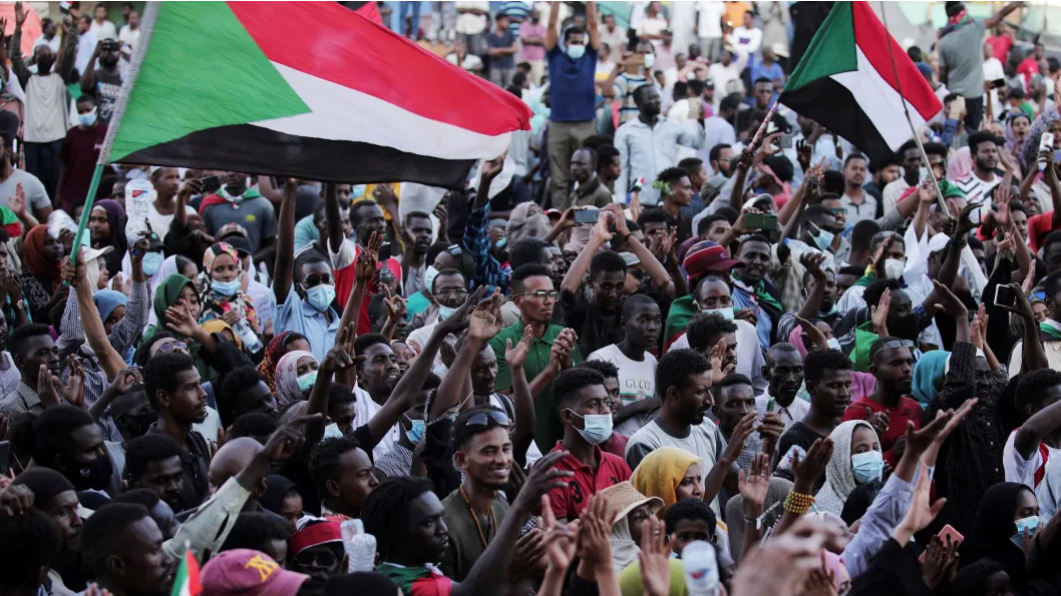Table of Contents
Introduction and Conflict Background
Since gaining independence in 1956, Sudan has experienced more than 15 military coups, marking its history with persistent political instability and violence. The latest and most devastating conflict erupted on April 15, 2023, during Ramadan, when two rival factions of the military government clashed: the Sudanese Armed Forces (SAF) under General Abdel Fattah al-Burhan and the Rapid Support Forces (RSF) led by Mohamed Hamdan “Hemeti” Dagalo. This civil war has wrought havoc on the nation, with fighting concentrated around the capital city of Khartoum and the Darfur region.
As of January 21, 2024, the conflict has claimed between 13,000 and 15,000 lives and injured 33,000 others. Despite the staggering human toll and ongoing humanitarian crisis, the situation in Sudan has been largely overshadowed by international focus on conflicts in Ukraine and Palestine.
“You can’t help but watch the level of focus on crises like Gaza and Ukraine and wonder what just 5 per cent of that energy could have done in a context like Sudan and how many thousands, tens of thousands of lives it could’ve saved,” remarked Alan Boswell, a regional expert with the International Crisis Group. His comments reflect a growing frustration among those monitoring the crisis, who feel that Sudan is being neglected by the global community.
The Power Struggle
Image Credits: Via AP
The roots of the current conflict can be traced back to the turbulent power dynamics between al-Burhan and Hemeti. Both leaders played pivotal roles in the October 2021 coup that ousted Sudan’s transitional government, which had been established following the December 2018 revolution that overthrew Omar al-Bashir’s three-decade regime.
Initially, al-Burhan and Hemeti worked together, promising a transition to democracy. However, their alliance deteriorated over time. Hemeti’s RSF, originally formed from the notorious Janjaweed militia, became increasingly autonomous, amassing significant wealth through illicit activities such as gold mining and arms smuggling. Al-Burhan, meanwhile, maintained control over the SAF, setting the stage for a bitter power struggle.
This struggle came to a head when disagreements over the future of the RSF could not be resolved. Hemeti sought to retain control of his forces, while al-Burhan aimed to integrate them into the SAF, thereby diminishing Hemeti’s power. The resulting conflict has plunged Sudan into chaos, with repeated ceasefires failing and peace talks proving futile.
Humanitarian Crisis and Global Attention
The revolution that once inspired hope for a democratic transition has been marred by violent power struggles and broken promises. In the wake of the 2018 uprising, pro-democracy protests were met with brutal crackdowns by the military, including the infamous Khartoum massacre on June 3, 2019, that killed over 100 people. International pressure eventually led to the formation of a transitional council, with al-Burhan as chair and Hemeti as vice chair. However, ongoing power grabs by the military leadership led to the resignation of Prime Minister Abdalla Hamdok in 2022, dashing hopes for a democratic future.
As the civil war continues to wreak havoc, the lack of a robust international response has left Sudan on the brink of disaster. Experts warn that without significant intervention, the country could collapse into a failed state and face a resurgence of genocidal violence. The people of Sudan, who once believed in the promise of democracy, now feel abandoned by both their leaders and the global community.
Future Outlook and Need for Intervention
If the current trajectory persists, Sudan’s future looks increasingly bleak. The ongoing power struggle between al-Burhan and Hemeti shows no signs of abating, leaving the country in turmoil and its citizens’ hopes for peace and democracy in tatters. The shattered dream of the 2018 revolution serves as a poignant reminder of the high stakes involved and the urgent need for a concerted global effort to address the crisis in Sudan.
The international community must recognise the severity of Sudan’s situation and take decisive action to prevent further catastrophe. Only through a unified and forceful response can the cycle of violence be broken and a path to peace and stability be forged for the beleaguered nation.

1 Comment
Pingback: A Silent Genocide: The Forgotten Civil War of Sudan - INPAC Times